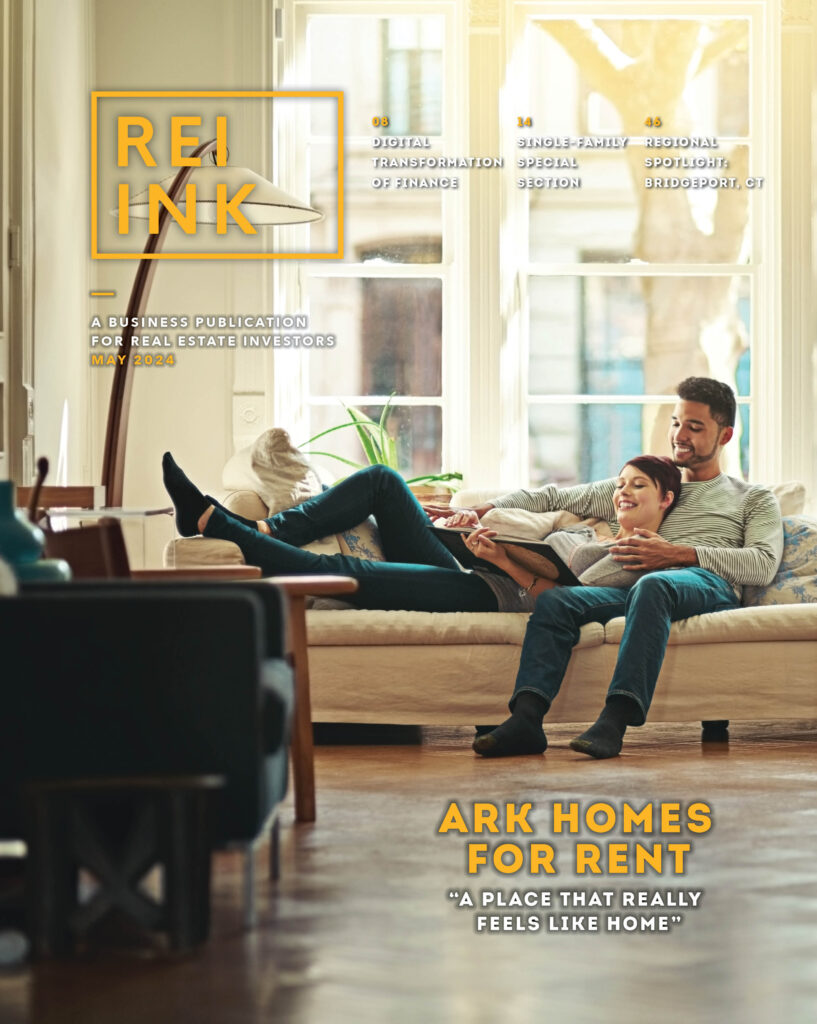It’s Time to Stop Vilifying Rental Housing Providers…

…. For Providing Rental Housing
By David Howard
A new bill introduced in January 2024 in the U.S. Senate levies an onerous new tax on owners of single-family rental homes for no other reason than they are deemed “institutional” and therefore somehow a threat to America’s housing market.
The “Affordable Housing and Homeowner Protection Act,” introduced by Senators Jack Reed (D-RI), Tina Smith (D-MN), and Tammy Baldwin (D-WI) forces anyone owning 15 or more single-family rental homes to pay a tax on all new acquisitions according to the following schedule:
15-25 SFR Homes Owned
» 1% Tax on New Acquisitions
25-100 SFR Homes Owned
» 3% on New Acquisitions
101+ SFR Homes Owned
» 5% Tax on New Acquisitions
As an example, a provider owning 50 single-family rental homes who purchases a property costing $300,000 would owe a tax of $9,000. And why is this bill needed? According to Senator Smith, the bill “would hold the corporate investors accountable who take advantage of our country’s housing shortage at the expense of working families.”
SFR Homes are Essential to the Housing Economy
However, unlike Senator Smith, the National Rental Home Council does not believe providers owning 15 or more homes are responsible for America’s housing crisis. In fact, we believe single-family rental homes are an essential part of America’s housing economy, providing access to quality, affordably-priced homes ideally suited to accommodate the diverse lifestyle needs and financial realities of millions of Americans and their families. In a housing market defined by an historic undersupply of homes and continuing affordability concerns driven by decades-high mortgage rates, single-family rental homes are a part of the solution for making housing more accessible.
Rather than recognizing the important contributions owners and builders of single-family rental homes provide to residents, their families, and local neighborhoods, the industry is often mischaracterized and even criticized by the media, policymakers, and housing advocacy organizations.
Instead of supporting the rights of property owners and commending the industry for providing communities with a source of long-term, stabilized single-family rental housing, these critics have put owners on the defensive, and worse, have called for legislation and regulation harmful to the industry.
In this column last month, I highlighted a new report from the Urban Institute — “Place the Blame Where It Belongs”— detailing the extent of the housing supply crisis in the United States. The report further identifies a number of common “scapegoats,” including institutional investors, often cited as contributing to the country’s housing challenges. In discussing the role of investors in the housing market, the report states, “Investors do not constitute an independent source of demand and do not take houses off the market,” and “it is hard to argue that institutional rental operators drive up home prices over any reasonable period. Moreover, it is possible that through economies of scale, institutional investors make renting cheaper, changing consumers’ rent-versus-own calculations.”
As the Urban Institute report makes clear, yet what is often misunderstood (or ignored) by those critical of housing providers, is the extent to which supply constraints impact all housing types — owner-occupied, multifamily, and single-family rental. More investment in housing generally is good for all housing. And while there are clear benefits to policies intended to expand homeownership, the data show there is as much a need to encourage additional investment in rental housing as well.
According to Census Bureau data released in February measuring the inventory of housing in the U.S., the amount of owner-occupied housing has grown almost 9% over the past five years while the amount of rental housing has grown by just over 4%. Taking a longer-term perspective, the share of the country’s housing market accounted for by rental housing is less today (30.8%) than it was 50 years ago (32.5%).
A persistent shortage of homes throughout the country continues to drive the cost of housing higher, emphasizing the importance of flexibility and choice for families in search of quality, affordably-priced housing. To address this shortage, we need policies that encourage and incentivize the development and investment in all types of housing, not punitive legislation targeting housing providers.















